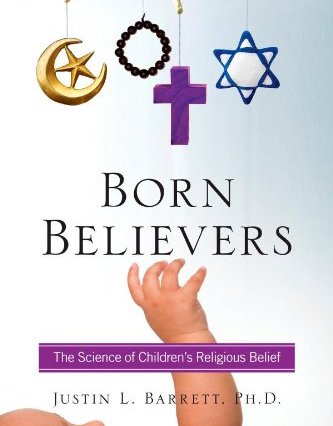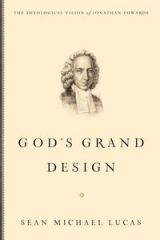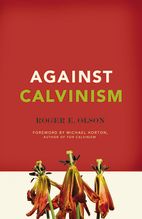
Childlike Faith: Are Kids Born with Belief?
Christianity Today has an interesting interview with Justin Barrett, author of Born Believers. Why do you suggest children are “born believers”? I’m using that term in a folk sense, the way we might say that Michael Jordan was a born basketball player, or Mozart was a born musician. I don’t mean that Mozart came out of the womb playing the clavichord, but that given very minimal cultural and environmental input, he was going to take to it like ducks to water. Virtually all humans are essentially born believers—they have a natural receptivity to religious belief. I’m contributing a new line … Continue reading Childlike Faith: Are Kids Born with Belief?





